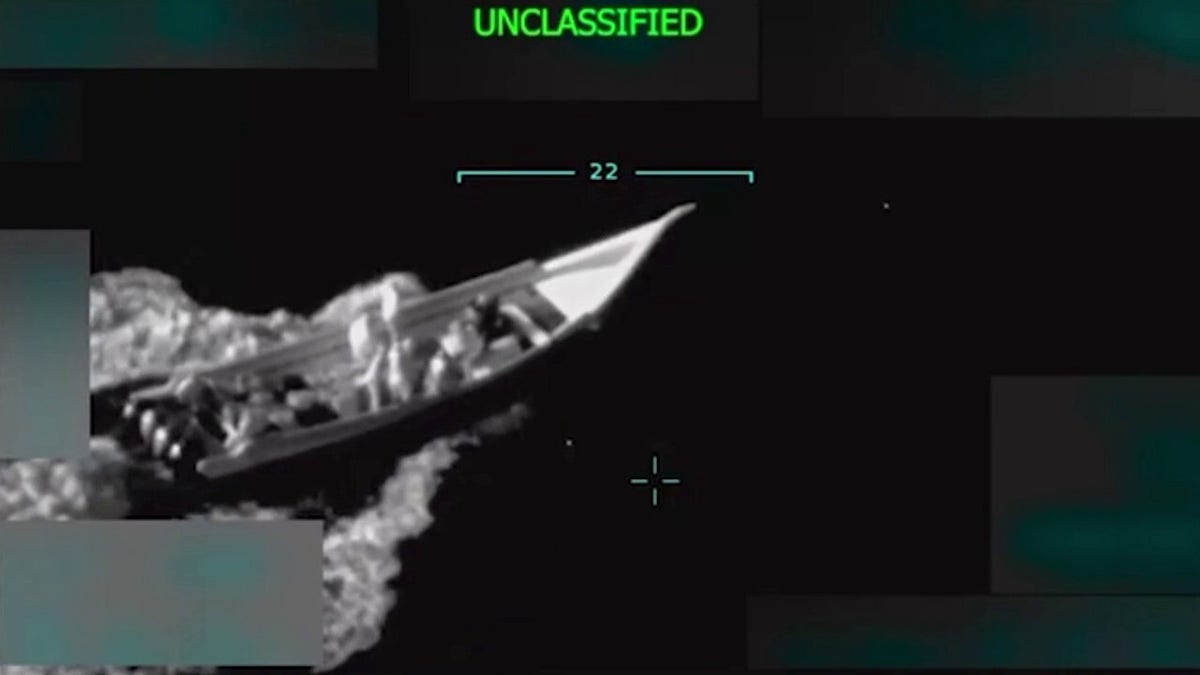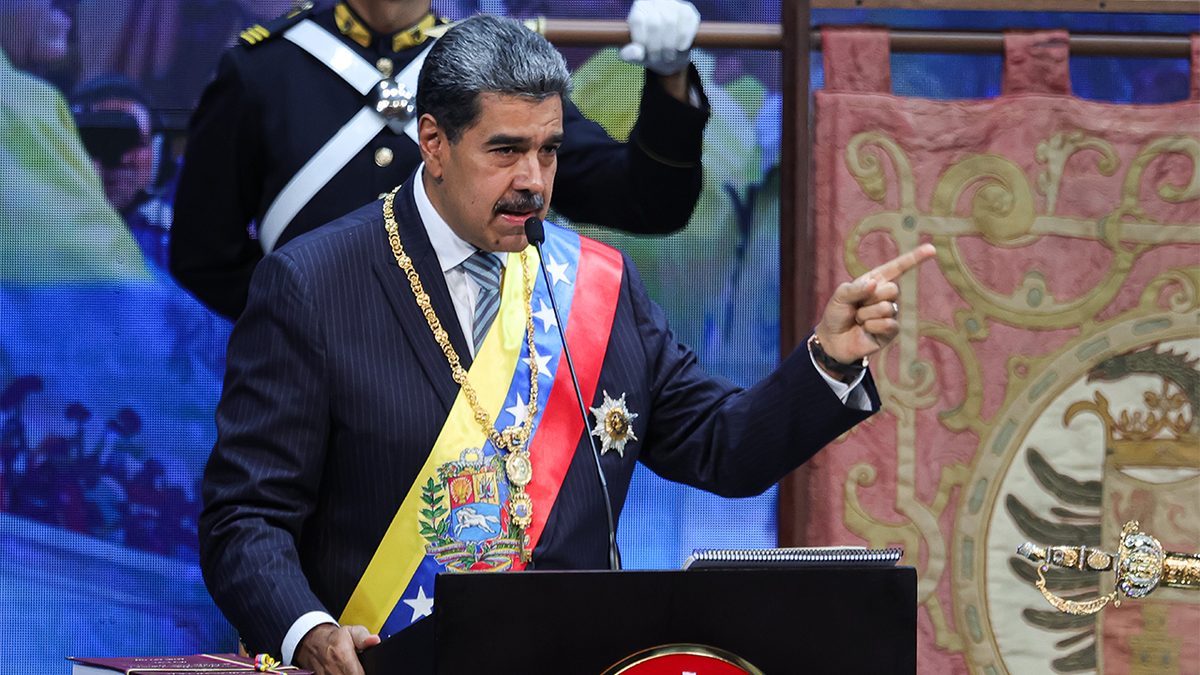U.S. Marines strike cartel-run vessel off Venezuela, killing 11
The Sept. 2 attack hit members of Tren de Aragua, a group the Trump administration designated a terrorist organization, and prompted accusations from President Nicolás Maduro.
U.S. Marines carried out a strike off the coast of Venezuela on Sept. 2 that killed 11 people aboard a vessel the United States says was operated by the Tren de Aragua criminal organization, signaling a more aggressive U.S. posture toward transnational drug trafficking and groups operating with alleged links to the Maduro government.
The strike, announced by the Trump administration and shown in video President Trump shared on social media, targeted a vessel described by U.S. officials as cartel-operated and tied to the Tren de Aragua, which the administration designated as a terrorist organization in February. The footage posted by the president showed the craft shortly before it was destroyed.

Administration officials and supporters characterized the strike as part of a tougher line against criminal organizations that use Venezuelan territory and waters as staging grounds for drug trafficking and other illicit activity. The operation marked a departure from long-standing U.S. tactics in counter-narcotics efforts, which have often emphasized interdiction, seizure and apprehension rather than direct lethal force at sea.
"The gloves are off," said Isaias Medina, a former Venezuelan U.N. diplomat who has become a dissident of the Nicolás Maduro government. "The recent U.S. Marine strike on the alleged Tren de Aragua narcotics vessel operated out of Venezuela under a regime deeply linked to crimes against humanity and narco-terrorism marked a turning point in the fight against international organized crime."
Tren de Aragua, a criminal group that U.S. authorities say emerged from Venezuela's prisons and expanded into trafficking, extortion and kidnapping across the region, was formally labeled a terrorist organization by the Trump administration earlier this year. U.S. law enforcement and military involvement against drug trafficking has a long history dating to the late 1980s, but analysts and officials said this operation appeared to reflect a new willingness to use kinetic strikes against maritime targets connected to cartels.
Venezuelan President Nicolás Maduro condemned the attack, accusing the United States of using military means to pursue political objectives and calling the strike an act of aggression that amounted to an attempt at regime change. Maduro and other Venezuelan officials have consistently denounced U.S. actions in the region and warned of diplomatic and legal consequences.
International observers have noted the operational and diplomatic risks posed by carrying out lethal strikes in or near another country's maritime zones, particularly when the target is linked to a state whose relations with the United States are already strained. The Trump administration has framed the action as an enforcement measure against transnational crime and a message that Venezuelan waters will not provide safe haven for criminal networks.
There was no immediate independent confirmation of the identities of those killed beyond U.S. statements, and Venezuelan authorities disputed aspects of the U.S. account. The administration has not publicly released details of the legal authority invoked for the strike beyond its characterization of the target as an armed criminal organization and its designation of Tren de Aragua as a terrorist group.
The episode is likely to intensify debate in Washington and among U.S. allies over the use of military force in counter-narcotics operations, the precedent set by direct strikes on vessels at sea, and the broader approach to Venezuela under the Trump administration. It also raises questions about how Caracas will respond diplomatically and whether the incident will prompt broader regional security or humanitarian repercussions.
